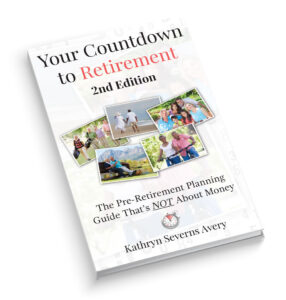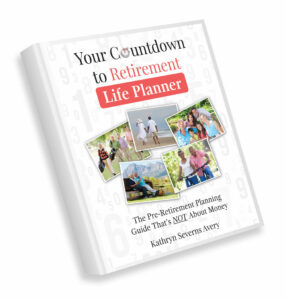It's Not Just About the Money!
What to Do in Your First Week of Retirement
-
Author : Your Countdown to Retirement
Date : January 9, 2017
Category : Redefining Retirement
Comments : 0
Like : 0
1. Plan Something Special
Having something to look forward to in your first week of not working is important. Some people take their “vacation of a lifetime” to celebrate this important life milestone. Others look for a lower cost option like a “staycation.” Exploring attractions in your hometown you never saw when you were working can be a great start to retirement, too. Whatever you choose, make sure to enjoy researching and planning what you will do.
2. Have Something Planned for Your Second Week of Retirement (and the third week and the fourth week and so on and so on…)
Create structure in your newly unstructured life by making plans each week. While it may be tempting to stay up late and sleep in, familiar routines keep us in synch and cut down on uncertainty and fear. Establish new habits on specific days of the week like going out for coffee on Monday and grocery shopping on Thursday. It will help you keep your bearings.
3. Check in with Your Feelings
Retirement is an enormous emotional adjustment. It is common to feel conflicting emotions. Acknowledging them and talking about them with your spouse, a trusted friend, a member of clergy, or a therapist is a good idea. Unacknowledged emotions can cause us to act in uncharacteristic ways that can lead to chaos in our lives. Keeping life calm and steady is important until we find our way in this new phase of life.




